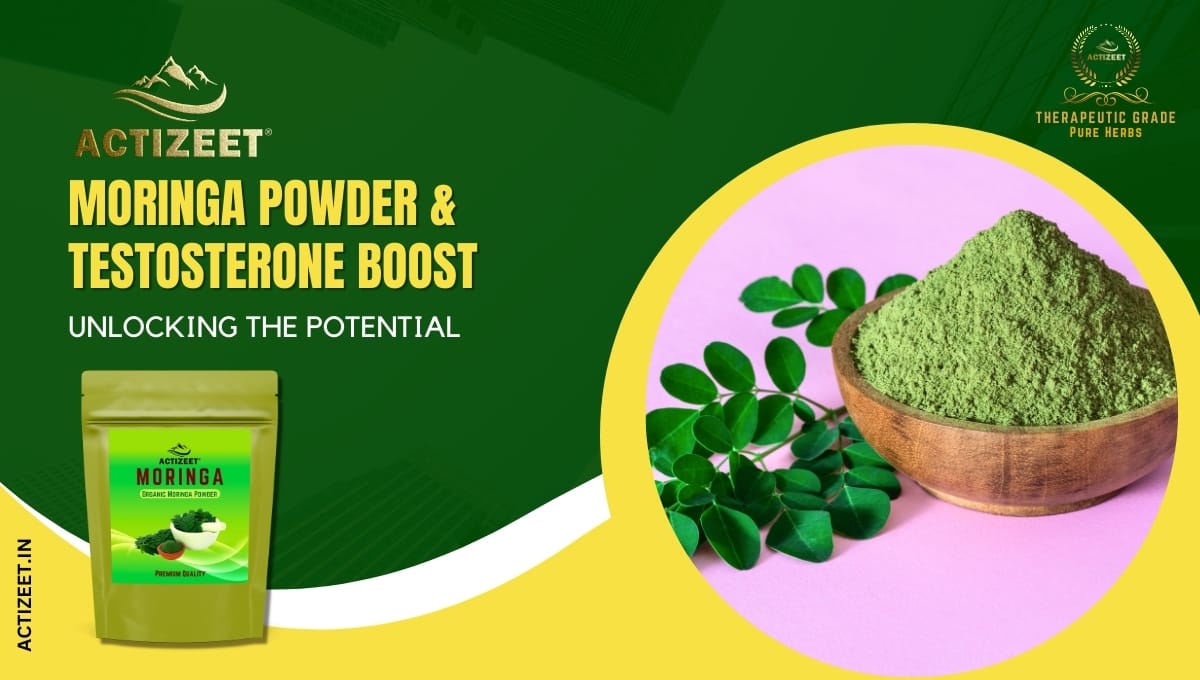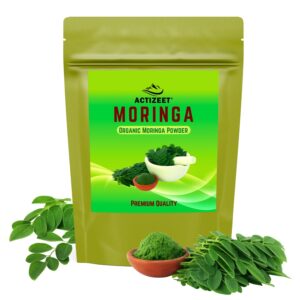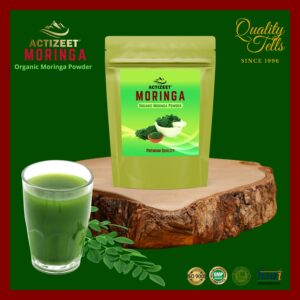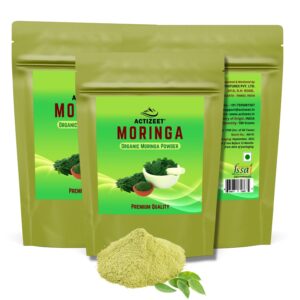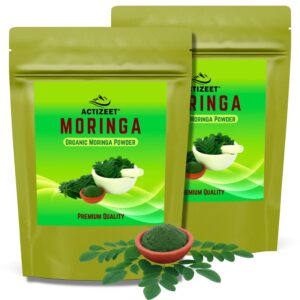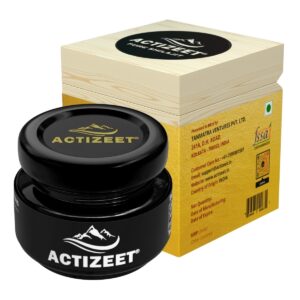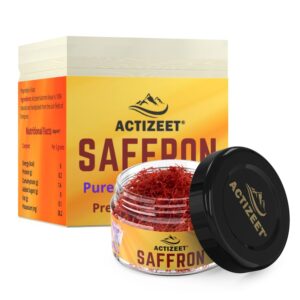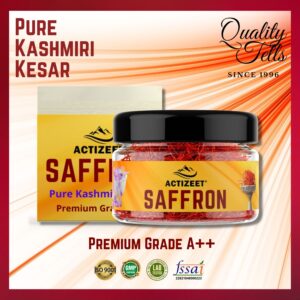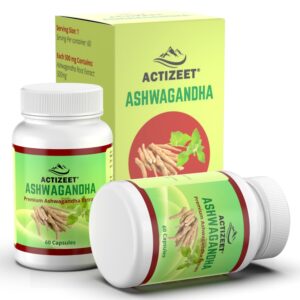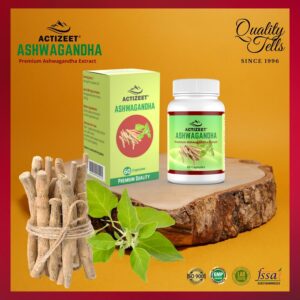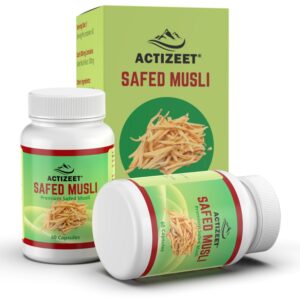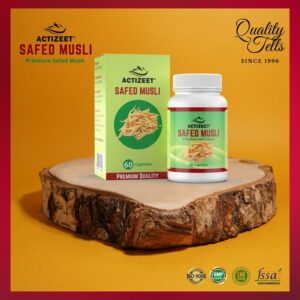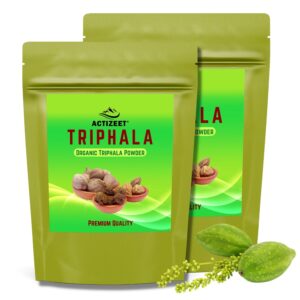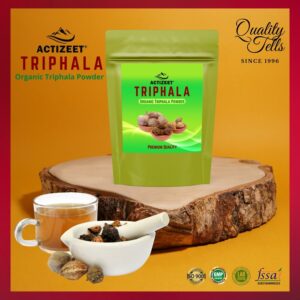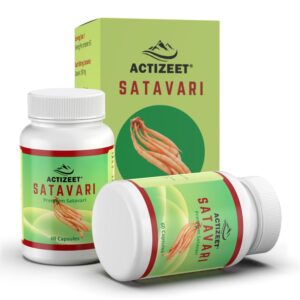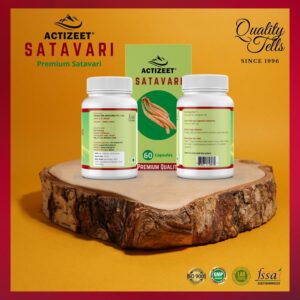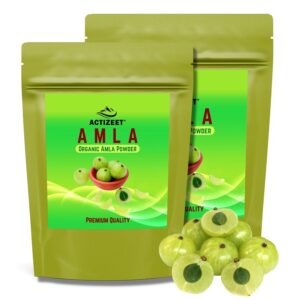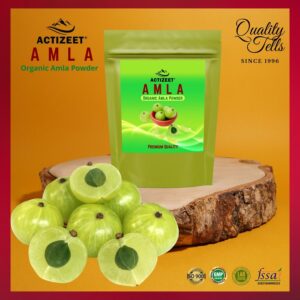Moringa oleifera, often referred to as the “Miracle Tree,” is a fast-growing tree native to South Asia. This magnificent tree is known for its extraordinary nutritional value and has been used for centuries in traditional medicine. It has gained popularity worldwide in recent years due to its potential health benefits and versatility.
The Moringa tree is characterized by its slender branches, delicate leaves, and long pods filled with seeds. One of the reasons why Moringa oleifera is highly regarded is because almost every part of the tree can be utilized.
Its leaves, flowers, seeds, and even roots possess valuable properties that have been harnessed for various purposes. From enhancing overall well-being to addressing specific health concerns, this incredible plant offers a range of potential benefits.
Table of Contents
ToggleMoringa powder and its nutritional composition
Moringa powder is made by drying the leaves of the Moringa oleifera tree and grinding them into a fine powder form. This process helps retain the plant’s nutritional integrity while increasing its shelf life for convenient consumption.
The nutritional composition of Moringa powder is nothing short of remarkable. It contains an abundance of essential vitamins such as vitamin A, vitamin C, vitamin E, and multiple B vitamins like thiamine (B1), riboflavin (B2), niacin (B3), pyridoxine (B6), and folate (B9).
Additionally, it boasts an array of essential minerals, including calcium, potassium, iron, magnesium, phosphorus, zinc, and selenium. Furthermore, moringa powder also contains powerful antioxidants like flavonoids and phenolic compounds that play a crucial role in reducing oxidative stress within the body.
These antioxidants help combat harmful free radicals, which are known to contribute to various chronic diseases and premature ageing. In the next section, we will delve into the significance of testosterone levels and explore how Moringa powder may potentially impact them.
The Importance of Testosterone Hormone in the Body
A Powerhouse Hormone for Vitality and Well-Being Testosterone, often associated with masculinity, plays a crucial role in both men and women.
It is a sex hormone primarily produced in the testicles (in males) and ovaries (in females). While testosterone is essential for sexual development and reproductive functions, its influence extends far beyond the bedroom.
In men, testosterone contributes to muscle growth, bone density maintenance, and red blood cell production. It also plays a significant role in regulating mood, cognition, and overall energy levels.
Adequate testosterone levels are essential for maintaining optimal body composition by promoting fat metabolism and preventing muscle waste. For women, although testosterone is present in smaller amounts than in men, it still holds significance.
It contributes to libido, enhances bone strength, aids in muscle development (without causing bulky muscles), and supports overall vitality. Balanced testosterone levels are crucial for both genders to maintain physical vigour and mental well-being.
Factors Affecting Testosterone Levels
The Delicate Balance of Hormonal Harmony Numerous factors come into play when it comes to testosterone levels.
While age is an inevitable factor that affects hormone production (testosterone gradually declines with age), several other factors can influence testosterone levels throughout life.
1. Lifestyle Choices: Sedentary lifestyle habits coupled with excessive stress can contribute to lower testosterone levels.
Lack of exercise fails to stimulate the hormonal responses necessary for optimal functioning.
2. Poor Diet: Nutritional deficiencies can have a detrimental impact on hormone production.
Inadequate intake of essential nutrients like zinc, vitamin D, and magnesium may result in decreased testosterone synthesis.
3. Obesity: Excess body fat leads to an increase in aromatase enzymes that convert testosterone into estrogen—a process known as aromatization—leading to lower overall circulating testosterone levels.
4. Medications and Health Conditions: Certain medications, such as corticosteroids and opioids, can interfere with testosterone production. Additionally, health conditions like diabetes, obesity, and chronic stress can disrupt hormone balance.
5. Environmental Factors: Exposure to endocrine-disrupting chemicals (EDCs) found in plastics, pesticides, and certain cosmetic products may interfere with normal hormonal functions. It is important to recognize these factors that affect testosterone levels in order to understand how incorporating moringa powder into your diet might help address any deficiencies or imbalances.
Potential Benefits of Moringa Powder on Testosterone Levels
Rich source of essential nutrients for hormone production
Moringa powder offers a treasure trove of essential nutrients that play a crucial role in hormone production, including testosterone. This superfood is packed with vitamins and minerals that support the overall functioning of the endocrine system, which is responsible for hormone regulation in the body.
For instance, vitamin D is known to have a positive impact on testosterone levels. Moringa powder happens to be an excellent source of this vitamin, making it an ideal addition to your diet if you’re looking to boost your testosterone naturally.
In addition to vitamin D, moringa powder contains other vital nutrients such as zinc, magnesium, and vitamin K2. These elements are essential for optimal testosterone production and regulation within the body.
Zinc has been widely recognized for its pivotal role in maintaining healthy testosterone levels. Adequate zinc intake helps stimulate the production of luteinizing hormone (LH), which in turn signals the testes to produce more testosterone.
Magnesium also contributes to this process by converting vitamin D into its active form, further supporting healthy hormonal balance. Vitamin K2 aids in ensuring proper calcium distribution throughout the body, including within the reproductive system, thus promoting optimal testosterone synthesis.
Presence of bioactive compounds that may support testosterone production
Beyond its impressive nutritional profile, moringa powder also contains bioactive compounds that have shown promise in supporting healthy testosterone levels. One such compound is quercetin, which belongs to a group of antioxidants called flavonoids.
Quercetin has been found to possess anti-inflammatory properties and may help inhibit certain enzymes responsible for converting testosterone into estrogen—a process known as aromatization. By reducing estrogen levels and keeping it in balance with testosterone, quercetin helps maintain an environment conducive to healthy testosterone production.
Another notable compound found in moringa powder is kaempferol, another flavonoid that has garnered attention for its potential positive effects on testosterone. It has been suggested that kaempferol can stimulate the production of luteinizing hormone (LH) while inhibiting the activity of estrogen.
This dual effect may help increase testosterone levels and maintain hormonal balance in the body. While further research is needed to fully understand how these bioactive compounds interact with the endocrine system, their presence in moringa powder suggests that this superfood may offer additional benefits beyond its nutrient content when it comes to supporting healthy testosterone levels.
Unlocking Nature’s Potential for Hormonal Harmony
Moringa powder’s potential benefits on testosterone levels lie not only in its abundance of essential nutrients but also in its bioactive compounds. By providing a rich source of vitamins and minerals necessary for hormone synthesis and containing compounds like quercetin and kaempferol that may support testosterone production, this natural supplement holds promise for those seeking to optimize their hormonal balance.
However, it is important to note that individual responses may vary, and more extensive scientific research is required to ascertain the precise mechanisms through which moringa powder affects testosterone levels. Nonetheless, incorporating this nutrient-dense superfood into your diet offers a valuable opportunity to harness nature’s potential in supporting overall well-being and promoting hormonal harmony.
Nutritional Composition of Moringa Powder Relevant to Testosterone Boosting
High Content of Vitamins and Minerals Necessary for Hormone Synthesis
Moringa powder is a powerhouse when it comes to its nutritional composition, making it a potential ally in boosting testosterone levels. One of the key reasons behind this is its high content of vitamins and minerals that play crucial roles in hormone synthesis. Let’s delve into some of these essential nutrients found in Moringa powder.
Vitamin D:
Vitamin D, often referred to as the “sunshine vitamin,” is well-known for its role in bone health and immune function. However, emerging research has also linked Vitamin D with testosterone production and regulation.
Studies suggest that individuals with higher Vitamin D levels tend to have higher testosterone levels. Fortunately, Moringa powder contains a significant amount of Vitamin D, making it an excellent natural source for supporting healthy testosterone levels.
Zinc:
Zinc is an essential mineral involved in numerous physiological processes, including hormone synthesis and regulation. It plays a crucial role in the production of luteinizing hormone (LH), which stimulates the testes to produce testosterone. Moringa powder is abundant in zinc content, making it a valuable addition to your diet if you’re looking to optimize your testosterone levels naturally.
Magnesium:
Another mineral worth mentioning when discussing testosterone optimization is magnesium. Magnesium assists in converting cholesterol into pregnenolone, which is a precursor for many hormones including testosterone.
Low magnesium levels have been correlated with reduced free and total testosterone levels. By incorporating Moringa powder into your daily routine, you can ensure an adequate intake of this vital nutrient.
Vitamin K2:
While often associated with bone health due to its role in calcium metabolism, Vitamin K2 has also been linked to testosterone production and regulation. It is believed to enhance Leydig cell function in the testes, thereby supporting testosterone synthesis. Moringa powder contains a decent amount of Vitamin K2, making it a valuable addition for those aiming to optimize their hormonal balance.
Their Role in Testosterone Production and Regulation
The vitamins and minerals found in Moringa powder play vital roles in the production and regulation of testosterone within the body. Vitamin D, zinc, magnesium, and vitamin K2 all contribute to different aspects of maintaining optimal testosterone levels.
Firstly, as mentioned earlier, adequate Vitamin D levels have been associated with higher testosterone levels. This vitamin influences the expression of genes involved in testosterone synthesis.
Additionally, it is believed that Vitamin D helps regulate the enzyme aromatase, which converts testosterone into estrogen. Zinc acts as a cofactor for many enzymes involved in steroidogenesis—the process by which hormones like testosterone are synthesized.
It assists in converting cholesterol into pregnenolone and supports the release of luteinizing hormone (LH), both critical steps for testosterone production. Magnesium plays a role in inhibiting sex hormone-binding globulin (SHBG), a protein that can bind to free testosterone and render it inactive.
By maintaining optimal magnesium levels through Moringa powder consumption, you can potentially increase free testosterone availability. Vitamin K2 has shown promise for supporting healthy testosterone levels by enhancing Leydig cell function within the testes.
Leydig cells are responsible for producing the bulk of our body’s natural testosterone. Incorporating Moringa powder into your diet can provide you with these essential vitamins and minerals necessary for sustaining optimal hormone production and regulation—potentially aiding your journey towards achieving ideal testosterone levels naturally.
Bioactive Compounds in Moringa Powder with Testosterone-Boosting Potential
Specific compounds like quercetin, kaempferol, and beta-sitosterol
Moringa powder contains several bioactive compounds that have been shown to potentially influence testosterone levels. One such compound is quercetin, a powerful antioxidant known for its anti-inflammatory properties. Research suggests that quercetin may inhibit the enzyme responsible for converting testosterone into estrogen, leading to higher levels of free testosterone in the body.
Additionally, kaempferol, another bioactive compound found in moringa powder, has been found to promote testosterone production by stimulating Leydig cells in the testes. Beta-sitosterol, a plant sterol present in moringa powder, has also shown promise in supporting healthy hormone balance.
Their potential effects on testosterone levels based on scientific studies
Several scientific studies have investigated the potential effects of these bioactive compounds on testosterone levels. In a study conducted on rats, supplementation with quercetin resulted in significantly increased levels of serum testosterone compared to the control group.
Similarly, research involving human subjects revealed that kaempferol supplementation led to enhanced serum testosterone concentrations. Beta-sitosterol has also demonstrated its ability to support healthy hormone balance by inhibiting the conversion of testosterone into dihydrotestosterone (DHT), a hormone implicated in hair loss and enlarged prostate.
Mechanisms through which these compounds may influence hormones
The exact mechanisms through which these bioactive compounds influence hormones are still being explored. However, current research suggests that quercetin may regulate sex hormone-binding globulin (SHBG), a protein that binds to sex hormones and reduces their availability for use by cells. By inhibiting SHBG production or activity, quercetin may increase the levels of free testosterone in the bloodstream.
Kaempferol, on the other hand, is believed to stimulate testosterone production by activating certain enzymes that play a crucial role in hormone synthesis. Beta-sitosterol’s ability to inhibit the conversion of testosterone into DHT is attributed to its structural similarity to cholesterol, which competes with testosterone for enzyme binding sites.
Scientific Evidence Supporting the Link Between Moringa Powder and Testosterone Levels
Relevant research studies conducted on animals or humans
Several research studies have explored the potential link between moringa powder and testosterone levels. Animal studies have shown promising results, with supplementation leading to increased serum testosterone concentrations in rats.
Human studies are more limited but still indicate positive outcomes. In one study, male athletes who consumed moringa leaf extract experienced improvements in total and free testosterone levels compared to a placebo group.
Limitations and scope for further research
While existing evidence suggests a potential link between moringa powder and testosterone levels, it is important to acknowledge the limitations of current research. Many studies have been conducted on animals rather than humans, limiting their direct applicability to human physiology.
Additionally, some studies have used specific extracts or compounds derived from moringa rather than whole moringa powder. Further clinical trials involving larger sample sizes are needed to establish clear cause-effect relationships and determine optimal dosages for maximum benefits.
Other Factors Influencing Testosterone Levels
Lifestyle factors affecting hormone balance (exercise, stress management)
While incorporating moringa powder into your diet shows potential benefits for supporting healthy testosterone levels, it is essential not to overlook other lifestyle factors that can influence hormone balance. Regular exercise has been linked with higher testosterone levels, particularly resistance training and high-intensity interval training.
Managing stress levels is also crucial, as chronic stress can lead to hormonal imbalances. Adopting effective stress management techniques like meditation, yoga, or engaging in hobbies can contribute to overall hormone health.
Dietary considerations beyond moringa powder (protein intake, healthy fats)
In addition to incorporating moringa powder into your diet, paying attention to other dietary factors is essential for optimizing testosterone levels. Adequate protein intake supports hormone synthesis and maintenance of muscle mass. Ensure you include high-quality protein sources like lean meats, poultry, fish, eggs, and legumes in your diet.
Healthy fats are equally important since cholesterol is a precursor for testosterone production. Include foods rich in monounsaturated and polyunsaturated fats such as avocados, nuts, seeds, and fatty fish.
Conclusion
Incorporating moringa powder into your diet may offer potential benefits for supporting healthy testosterone levels due to its bioactive compounds such as quercetin, kaempferol, and beta-sitosterol. While scientific evidence is still evolving and more research is needed to establish definitive conclusions on the direct relationship between moringa powder and testosterone levels in humans, the existing studies show promising results in both animal models and human subjects. Alongside lifestyle factors like regular exercise and stress management techniques, incorporating nutrient-rich foods like moringa powder can be part of a holistic approach towards maintaining optimal hormone balance.
ACTIZEET Moringa Powder
-
Rated 4.85 out of 5
₹1,200.00Original price was: ₹1,200.00.₹900.00Current price is: ₹900.00. Incl. GST ADD TO CART Buy Now -
Rated 4.84 out of 5
₹3,600.00Original price was: ₹3,600.00.₹2,100.00Current price is: ₹2,100.00. Incl. GST ADD TO CART Buy Now -
Rated 4.80 out of 5
₹2,400.00Original price was: ₹2,400.00.₹1,600.00Current price is: ₹1,600.00. Incl. GST ADD TO CART Buy Now
Related Products
-
Himalayan Shilajit, Pure shilajit, Shilajit, SHUDDH SURYA TAPI SHILAJIT
Rated 4.74 out of 5₹4,950.00Original price was: ₹4,950.00.₹3,950.00Current price is: ₹3,950.00. Incl. GST ADD TO CART Buy Now -
Rated 4.86 out of 5
₹2,400.00Original price was: ₹2,400.00.₹1,600.00Current price is: ₹1,600.00. Incl. GST ADD TO CART Buy Now -
Rated 4.82 out of 5
₹2,400.00Original price was: ₹2,400.00.₹1,600.00Current price is: ₹1,600.00. Incl. GST ADD TO CART Buy Now -
Rated 4.84 out of 5
₹2,400.00Original price was: ₹2,400.00.₹1,600.00Current price is: ₹1,600.00. Incl. GST ADD TO CART Buy Now
-
Rated 4.00 out of 5
₹2,400.00Original price was: ₹2,400.00.₹1,600.00Current price is: ₹1,600.00. Incl. GST ADD TO CART Buy Now -
Rated 4.80 out of 5
₹2,400.00Original price was: ₹2,400.00.₹1,600.00Current price is: ₹1,600.00. Incl. GST ADD TO CART Buy Now -
Rated 4.71 out of 5
₹2,400.00Original price was: ₹2,400.00.₹1,600.00Current price is: ₹1,600.00. Incl. GST ADD TO CART Buy Now -
Rated 0 out of 5
₹2,400.00Original price was: ₹2,400.00.₹1,600.00Current price is: ₹1,600.00. Incl. GST ADD TO CART Buy Now
Related posts:
- Moringa Powder: Boost Testosterone Naturally!
- Moringa Powder: Testosterone Booster
- Unlocking the Potential: Moringa Powder for Acne Reduction
- Unlocking the Potential: Can Moringa Powder Aid Weight Gain?
- Unlocking the Myth: Ashwagandha & Testosterone Boost
- Optimal Ashwagandha Powder Dosage for Testosterone Boost
- Boost Sperm Count Naturally with Moringa Powder
- Unlocking Testosterone Potential: Shilajit’s Impact

